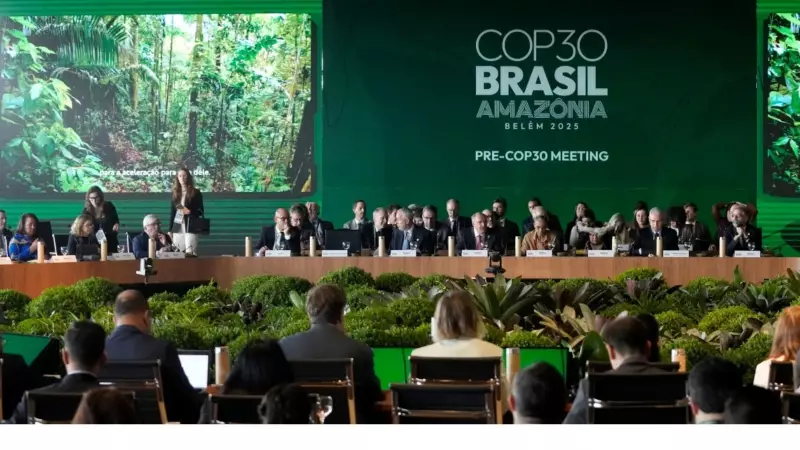
In a move that's raising eyebrows across the global environmental community, the United States has decided against sending high-ranking administration officials to the pivotal COP30 climate summit scheduled for 2025 in Brazil. This decision comes at a critical juncture in international climate negotiations.
Diplomatic Priorities Shift as US Opts for Lower-Level Representation
According to sources familiar with the matter, while the US will maintain representation at the Belém summit, the delegation will not include cabinet-level officials or other senior administration figures. Instead, the American presence will likely be led by experienced climate diplomats and technical experts.
The decision reflects several strategic considerations currently shaping Washington's approach to international climate diplomacy:
- Domestic political constraints in an election year and beyond
- Resource allocation toward implementing existing climate commitments
- Strategic focus on bilateral and smaller multilateral engagements
- Logistical challenges of high-level participation in remote Amazon location
Global Implications for Climate Leadership
This absence of top-tier US officials at a major UN climate conference could have significant ramifications for global climate governance. The United States, as the world's second-largest emitter and a key financial contributor to climate funds, plays a crucial role in shaping international agreements.
"The absence of senior US officials sends a concerning signal about the administration's prioritization of climate diplomacy," noted Dr. Anjali Sharma, a climate policy expert at the Centre for Science and Environment. "This comes at a time when global cooperation is more critical than ever."
Brazil's Pivotal Role as Host Nation
The choice of Belém, a city at the gateway to the Amazon, as the COP30 venue carries profound symbolism. Brazil, under President Luiz Inácio Lula da Silva, has positioned itself as a champion of tropical forest conservation and sustainable development.
The reduced US presence could potentially create space for other global powers, particularly China and the European Union, to assert greater influence in shaping the climate agenda. However, it might also weaken the momentum for ambitious collective action.
As the climate community processes this development, attention now turns to how other major economies will respond and whether the US decision will impact the overall ambition of COP30 outcomes.





